Related Research Articles
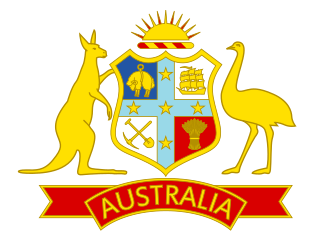
The Australia men's national cricket team represents Australia in men's international cricket. As the joint oldest team in Test cricket history, playing in the first ever Test match in 1877, the team also plays One-Day International (ODI) and Twenty20 International (T20I) cricket, participating in both the first ODI, against England in the 1970–71 season and the first T20I, against New Zealand in the 2004–05 season, winning both games. The team draws its players from teams playing in the Australian domestic competitions – the Sheffield Shield, the Australian domestic limited-overs cricket tournament and the Big Bash League.
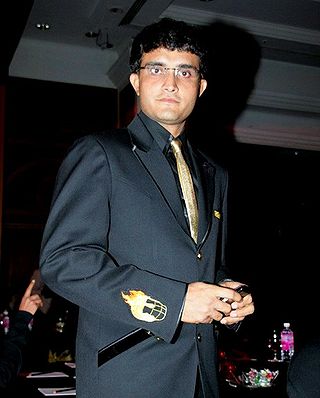
Sourav Chandra Ganguly, also known as Dada, is an Indian cricket commentator and former cricketer. He is popularly called as Maharaja of Indian Cricket. He was captain of the Indian national cricket team and known as one of India's most successful cricket captains. As captain, he led Indian national team to the final of the 2003 Cricket World Cup.
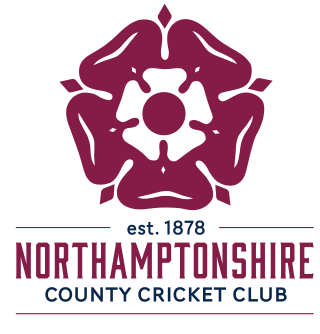
Northamptonshire County Cricket Club is one of eighteen first-class county clubs within the domestic cricket structure of England and Wales. It represents the historic county of Northamptonshire. Its limited overs team is called the Northants Steelbacks – a reference to the Northamptonshire Regiment which was formed in 1881. The name was supposedly a tribute to the soldiers' apparent indifference to the harsh discipline imposed by their officers. Founded in 1878, Northamptonshire (Northants) held minor status at first but was a prominent member of the early Minor Counties Championship during the 1890s. In 1905, the club joined the County Championship and was elevated to first-class status, since when the team have played in every top-level domestic cricket competition in England.
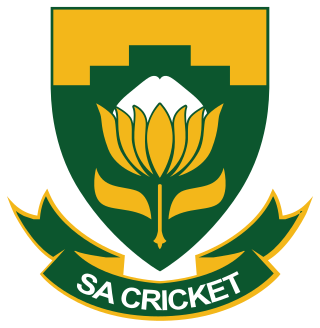
The South Africa men's national cricket team, also known as the Proteas, represent South Africa in men's international cricket and is administered by Cricket South Africa (CSA). South Africa is a full member of the International Cricket Council (ICC), Its nickname derives from South Africa's national flower, Protea cynaroides, commonly known as the "King Protea".

Sir Charles Aubrey Smith was an English Test cricketer who became a stage and film actor, acquiring a niche as the officer-and-gentleman type, as in the first sound version of The Prisoner of Zenda (1937). In Hollywood, he organised British actors into a cricket team, much intriguing local spectators.
International cricket in South Africa between 1971 and 1981 consisted of four private tours arranged by English sports promoter Derrick Robins, two tours by a private team called the "International Wanderers", and one women's Test match. The apartheid policy followed by the South African Governments of the day meant that no Test match playing nation was willing to tour, thereby depriving world cricket of leading stars such as Graeme Pollock, Barry Richards, Clive Rice and Eddie Barlow.
This is a bibliography of literary and historical works about cricket. The list is sorted by author's name. It is inevitably highly selective. The 1984 edition of E. W. Padwick's A Bibliography of Cricket had more than 10,000 entries.
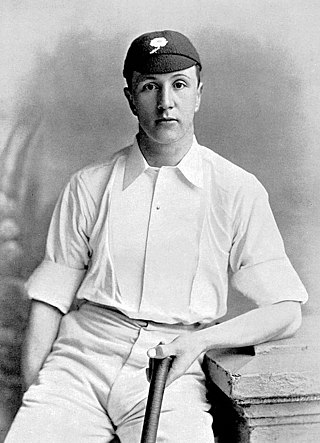
Frank Mitchell was an English international cricketer and rugby union player.
Dennis Victor Dyer was a South African cricketer who played in 3 Tests in 1947.
Robin David Jackman was an English cricketer, who played in four Test matches and 15 One Day Internationals for the England cricket team between 1974 and 1983. He was a seam bowler and useful tail-end batsman. During a first-class career lasting from 1966 to 1982, he took 1,402 wickets. He was a member of the Surrey side that won the County Championship in 1971, and also played for Western Province in South Africa in 1971–72, and for Rhodesia between 1972–73 and 1979–80.

Peter Michael Roebuck was an English cricketer who later became an Australian newspaper columnist and radio commentator.

Johan Botha is a South African-Australian cricket coach, cricketer and long-distance runner, who played for the South African national team between 2005 and 2012. He moved to Australia in 2012 to play in that country's domestic leagues, and in 2016 became an Australian citizen. In January 2019, he retired from all forms of the game. However, in December 2020, he made a comeback as a replacement player for the Hobart Hurricanes in the 2020–21 Big Bash League.
The South African cricket team toured England in the 1947 season to play a five-match Test series against England. The team was captained by Alan Melville with Dudley Nourse as his vice-captain (v/c). England won the series with three wins and two matches drawn. This was the second Test series hosted by England since the end of World War II in 1945. South Africa's previous visit to England was their successful 1935 tour.

The History of Australian cricket begins over 210 years ago. The first recorded cricket match in Australia took place in Sydney in December 1803 and a report in the Sydney Gazette on 8 January 1804 suggested that cricket was already well established in the infant colony. By 1826, clubs including the Currency Cricket Club, the Military Cricket Club and the Australian Cricket Club had been formed. Hyde Park and the Racecourse were the venue for these organised matches. The formation of clubs in Van Diemen's Land was not far behind with clubs formed in Hobart in 1832 and Launceston (1841). In Western Australia a match was arranged in 1835 between the "builders" of the new Government House and a team of labourers and "mechanics". In Victoria in 1838, the Melbourne Cricket Club was formed – it would become arguably Australia's most exclusive and influential cricket club. In 1839, a club was formed in South Australia.
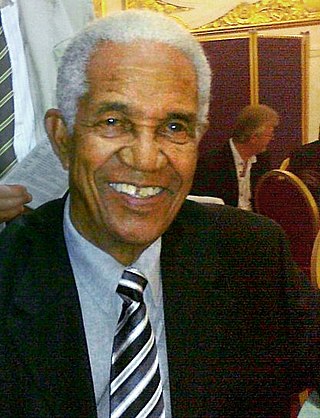
Garfield Sobers, captain of the West Indies cricket team and one of the most prominent cricketers in the world, outraged many in the Caribbean in September 1970 when he took part in a friendly double-wicket tournament at Salisbury Sports Club in Rhodesia, a country in southern Africa that was unrecognised internationally because of its mostly white minority government. The resulting furore nearly caused him to lose the captaincy, and threatened the unity of the West Indies team itself.
The South African cricket team toured India in September and October 2022 to play three One Day International (ODI) and three Twenty20 International (T20I) matches as a preparatory series before 2022 ICC Men's T20 World Cup. In August 2022, the Board of Control for Cricket in India (BCCI) confirmed the schedule for the tour. The ODI series formed part of the inaugural 2020–2023 ICC Cricket World Cup Super League.
References
- ↑ "David Dyer". ESPN Cricinfo. Retrieved 18 July 2020.
- ↑ Trevor Chesterfield (2003). South Africa's Cricket Captains. Zebra Press. p. 23. ISBN 978-1-86872-376-8.
- ↑ David O'Sullivan (27 September 2012). The Extraordinary Book of South African Cricket. Penguin Random House South Africa. pp. 24–. ISBN 978-0-14-352789-3.